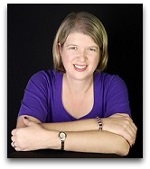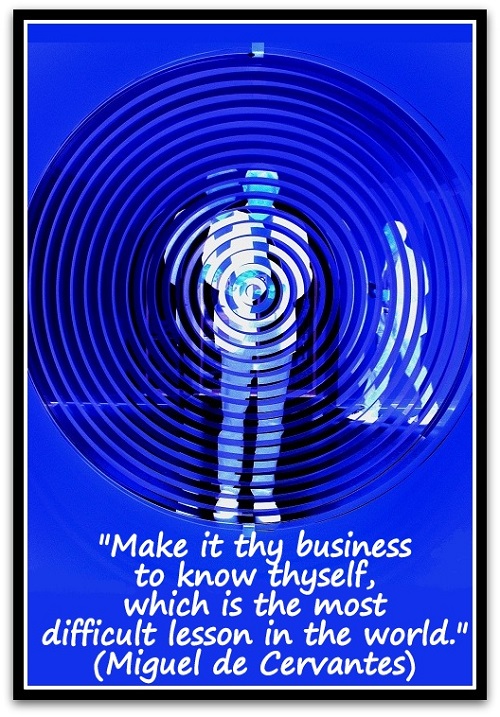The benefits of connecting … 1
In today’s guest post Julie Crowley looks at one thing that many coaches consider for marketing but don’t often consider the other benefits

The benefits of connecting …
By Julie Crowley
I am really keen to ‘connect’ the right people for mutual benefits, hence I love networking. I get a buzz from putting someone in touch who can help someone else and benefit themselves too.
One of the things I find surprising in my therapeutic business is the ‘fear’ of connecting with other people in the same or similar business. A fear, perhaps, of losing clientele to someone else, or someone taking your ideas – I understand. But really, in effect, getting together to network, collaborate or just connect on a regular basis can only bring benefits for all! Like what, you might wonder?
• Learning about other options available in your community – for you, your clients, your family and friends. There are so many different options now that can meet various needs e.g. holistic events, Christmas markets, social events and business support options are just a few.
• I need to find someone to meet people’s needs where I can’t – for example:
* I don’t offer hypnotherapy, EFT, mindfulness per se, or other relevant services
*Although Person centred trained, I work more integratively using my counselling coaching skills to benefit each individual client and meet their unique needs
* Other practitioners don’t have my set of services or skills to meet an enquiry needs
* We all have resources others could use but may not have, and could share
* Sharing marketing maybe – advertising, forums, share service provisions
Cover for breaks or absences that could help keep your business and income running
* Ongoing personal and professional development and support through sharing, listening, hearing each other
• Understanding where you fit in the health & well-being/development service community
• You can be the connection and the solution for clients in need – that can only be good for marketing!
• Stimulating your ideas and creative business management – motivation, inspiration
• Encouragement and support to get through hard times, celebrate good times – and just connect!
• PD groups – learning, growing, sharing experience and perspectives
• Market research – share ideas but make sure it has boundaries, confidentiality and use restrictions to protect you and your business/creativity
• Sharing clients! Believe it or not – you could! I know I can’t be all things to all clients, so sometimes enquiries don’t move on – they don’t ‘like’ me or my practice, I’m not local to them, they need something but don’t know what
• Mutual support, inspiration and motivation
The threats
• Someone takes a client who could have been yours – unlikely or they would have chosen you!
• Someone steals your ideas – agree mutually beneficial, safe and respectful boundaries for working together and networking
• Competition is healthy – it keeps us on our toes (not direct challenges maybe, but options)
• Someone judges you (you think) – it’s good to be challenged, it helps you develop!
• Missing out and harder work – maybe but motivating too.
So try it and see! What do you have to lose? And to gain?
Feel free to link with me on social media below. I love the stimulation and insights, the comments and perspectives I find from other therapists and new ideas I can use to help my clients, from those further away who won’t feel threatened by my practice.
Think about how you benefit or could do, and how it could hinder your business – and take action by connecting, commenting, explaining to others how you feel and how you might be challenged by them.
About Julie Crowley
Julie Crowley, Personal Counsellor and Career Coach based in Lees, Oldham – Clear Mind Life Coaching & Counselling. May aim is for people to explore their potential, achieve it if they wish to and develop their Personal Power to create the life they want to live – informed choices, effective decisions and working to strengths whilst managing areas for development!
Further information: www.clearmindco.co.uk is about personal development and relationships ‘For a better personal future’ Facebook – Twitter – Linked in CLEAR Connections on my website and on Facebook and Twitter

 Michele Christensen is a business coach and mentor for solopreneurs. She teaches people how to have a profitable, sustainable one-person business they can run from home without overwhelm or working 24/7. For more information and free resources, find her online at
Michele Christensen is a business coach and mentor for solopreneurs. She teaches people how to have a profitable, sustainable one-person business they can run from home without overwhelm or working 24/7. For more information and free resources, find her online at 
 If you’re ready to stand out and become more visible, or want support to discover what you want to get known for, contact Karen for a free discovery call. You can also join her at the Star Biz conference on 11/12 July and on her Writing Retreat in Spain from 25-30 September 2014.
If you’re ready to stand out and become more visible, or want support to discover what you want to get known for, contact Karen for a free discovery call. You can also join her at the Star Biz conference on 11/12 July and on her Writing Retreat in Spain from 25-30 September 2014. Do you take your business personally? It’s an honest question. Most people say “It’s business, don’t take it personally.” But really, is that possible? I don’t think so. I think business is personal. Let’s face it, we are people. We are people who have lives, who love and care for others. As humans we are compassionate, thoughtful and we have feelings. So how can we take the feelings out of business? We can’t. We can, however, take the negativity out of it.
Do you take your business personally? It’s an honest question. Most people say “It’s business, don’t take it personally.” But really, is that possible? I don’t think so. I think business is personal. Let’s face it, we are people. We are people who have lives, who love and care for others. As humans we are compassionate, thoughtful and we have feelings. So how can we take the feelings out of business? We can’t. We can, however, take the negativity out of it.



